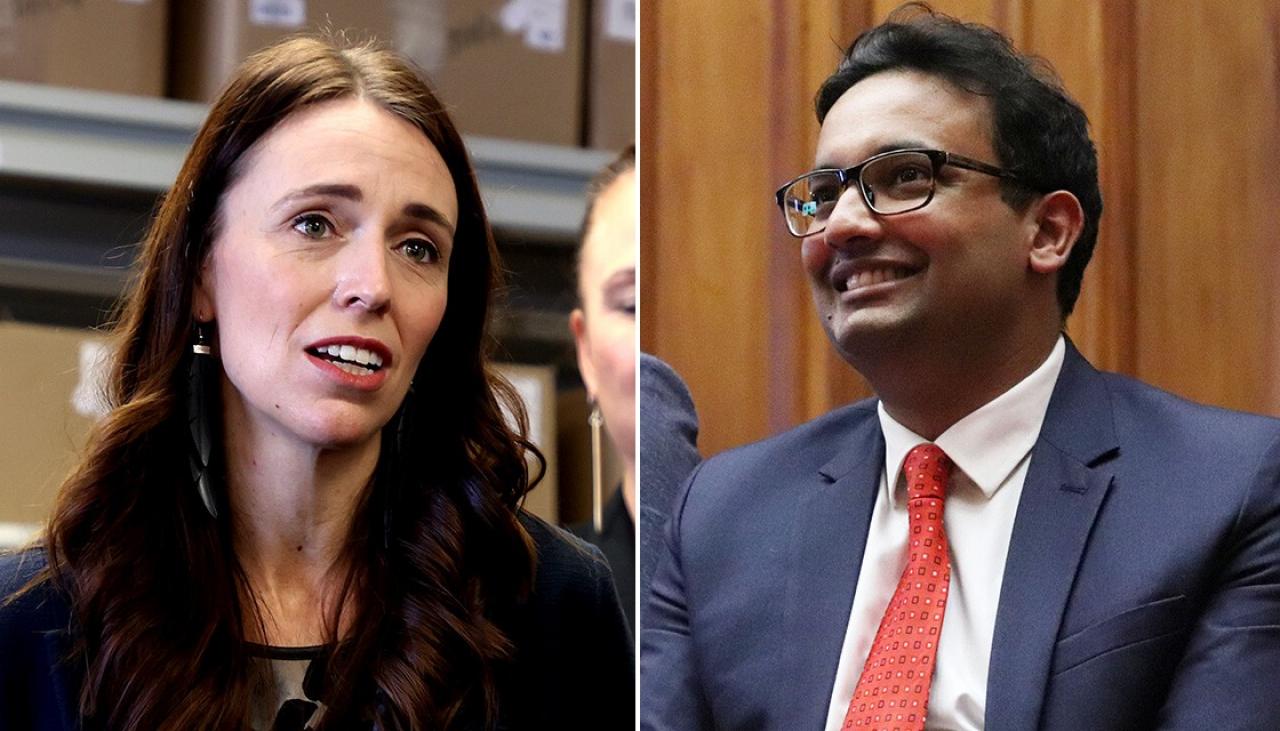In 1867 and again in 1884 the British Parliament enacted “Reform Acts” which expanded who was entitled to vote. There were property, income, and rent requirements so only “respectable working class” men could vote, and the scummy underclass continued to be excluded. One of the reasons for this was a view that if you didn’t earn a certain income, didn’t pay a certain rent, or didn’t own any assets – (ie: if you were a gin-soaked wastrel, a criminal, or no-hoper) – perhaps you were “unsuitable” to be deciding the results of general elections.
In 1923 Rhodesia was made self-governing; part of the resulting constitution was income and property requirements for gaining the vote. This point is very important folks – it was the exact same principle as the “reform” acts in Britain, not (as was subsequently claimed) any sort of ‘racial’ requirement in order to vote. Nowhere in any Rhodesian constitutional document, or law, can you find racial exclusions.
In the early 1960s, there were plans for independence for [Southern] Rhodesia – (it’s complicated, so I am just going to “cut to the chase”) – but Britain insisted upon universal franchise as a condition; the Rhodesian government, led by Ian Smith, refused on the grounds there was already universal franchise if a couple of perfectly reasonable conditions were met, and there were no racial exclusions to voting as in South Africa.
In 1965 Ian Smith and British Prime Minister Harold Wilson met for discussions on the matter, as they did on board naval vessels in 1966 and 68. On each occasion, Harold Wilson basically refused to act in good faith and did the usual left-wing smears of claiming Smith wanted to exclude blacks from voting on racial lines; an entirely false allegation. Predictably the talks didn’t achieve much.
Apologies for the history lesson, dear reader, but my point is simple – when one side is provably lying and not acting in good faith (ie: where nothing whatsoever the other side says will ever be accepted), what is the point of any sort of “negotiation”?
The Smith v Wilson charade has parallels with Ardern v Sharma. She is clearly lying, is blaming him, and keeps trotting out the line of “he’s betrayed the trust of his colleagues and needs to apologise to them” – completely ignoring the conduct of her whips, staff members, and others who have (it would seem) a long history of bullying and unacceptable behaviour.
Mr Sharma says something which is clearly true and it’s dismissed as him betraying her, the caucus, the socialist party (and now, on TV3 this morning, flood victims in Nelson!)
Ardern: “This should not be anyone’s focus right now…”
— Mediaspot (@mediaspotnz) August 21, 2022
Bridge: “Obviously what’s happened in Nelson is a very serious situation but to imply that we shouldn’t be asking you about very serious accusations about your office…I think most people would find a little shady” pic.twitter.com/fuEob7oxtg
When she was asked about her whips her response was basically “there is nothing to see here”. It reeks of Harold Wilson (and others) simply refusing to address the fact there were no racial discrimination laws in Rhodesia (and hence the question “so what’s the problem?” springing to mind), whilst claiming Mr Smith to be heading a racist Government when he clearly wasn’t. The refusal of Sir Keith Holyoake to recognise Mr Smith’s Government was a black mark in our nation’s history.
Harold Wilson was gaslighting on a massive scale, unsurprising from the biggest crook ever to enter 10 Downing Street. So much so that I wonder if you, dear reader, have hitherto been under the impression that Rhodesia had South African-style apartheid laws when it most certainly did not. Remind you of anything?
Would Jacinda Ardern accept anything Mr Sharma says if he provides proof to substantiate his claims, under any circumstances? If not, then it’s not good faith is it?

